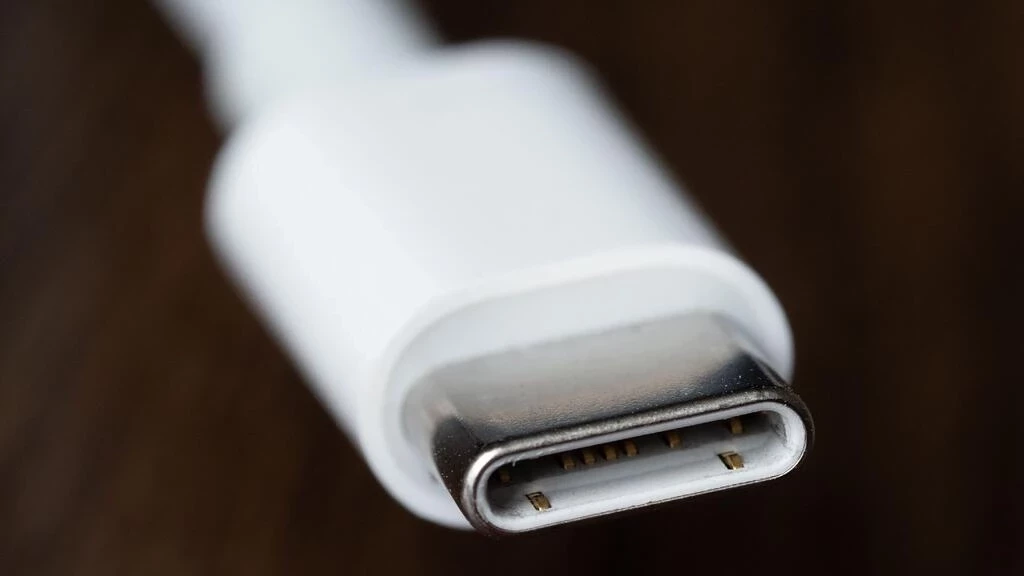The European Parliament has passed a new law mandating a standard charging cable for all smartphones and mobile devices. This would require manufacturers like Apple to stop using their proprietary charging methods.
By the end of 2024, all mobile phones, tablets, and cameras sold throughout the 27 member states of the European Union will be required to contain a USB-C charging connector, and by the spring of 2026, the mandate will extend to laptops.
The majority of EU parliamentarians supported the change, with 602 voting in favour and just 13 against.
According to industry experts, the agreement covers a wide range of technology, including e-readers, earbuds, and more; as a result, it may affect companies such as Samsung and Huawei, among others.
Read also: Elon Musk discusses satellite features with Apple for the iPhone 14
The new regulation will bring about unity in device
Apple is anticipated to be one of the most impacted large producers of electronic products for European customers. However, experts also anticipate a potential positive influence, as it may stimulate consumers to purchase Apple’s newest gadgets rather than ones without USB-C. It has previously expressed concern that the idea will stifle innovation and r result in a massive increase in electronic trash.
Complaints from iPhone and Android users about needing to buy new chargers for their devices triggered the shift, which had been considered for years. More than a decade into the planning, the regulations hope to lessen people’s financial stress while also decreasing technological waste. The European Commission estimated that customers would save nearly 250 million euros ($247 million) annually by changing to a single charger.
A 2019 Commission survey found that although USB micro-B was the most common kind of connection on mobile phone chargers sold in 2018, USB-C was in second place with 29%, while Apple’s Lightning connector rounded out the top three with 21%.
USB-C will become prevalent
Per the proposed regulations, the USB-C connector will become the new standard for portable devices marketed in the EU, allowing users to utilize a single charger for a wide range of portable electronic devices, from smartphones to tablets.
According to a European Parliament member, Alex Agius Saliba, “the universal charger will finally become a reality in Europe. “This future-proof rule enables the creation of creative pricing systems in the future, and it will benefit everyone, from disgruntled customers to our fragile environment.
According to Ben Wood, CCS Insight’s chief analyst, the decision has made it “inevitable” that the iPhone 15, coming out in 2023, will have a USB-C connector.
“The voice of reason has been heard, and it has triumphed. Despite Apple’s massive installed base of devices powered by lightning cables, USB-prevalence C’s across all consumer electronics items makes harmonizing on USB-C a no-brainer”.
He continues, “the USB-C connector will be adopted by Apple in the UK and elsewhere. Whether or if the government of the United Kingdom requires the switch to USB-C, the technology will eventually reach customers there nonetheless. Nothing else will make sense for consumer electronics companies to provide,”




